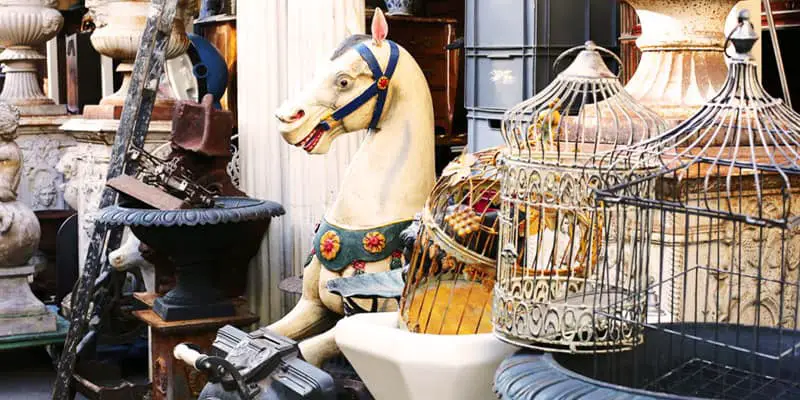
...............................................................................................................................................................
Why is it called a flea?
Holly Morse-Ellington
Tens of thousands of people, and then
some, visit flea markets around the world every year.
The number of vendors in the
marketplace is beyond measure.
As such, flea markets come in all
shapes and styles. Their popularity sparks interest in the history and overall
flea market meaning.
Whether a veteran collector or
newcomer, it’s fun to discover a little background.
Plus, some sales labeled “flea
markets” don’t quite fit the bill.
Brushing up on flea market meaning and
terms can help as you plan your next outing.
What’s the meaning of flea market?
At its core, the flea market is a
place for merchants to sell secondhand goods.
More traditional fleas set up
alongside streets and are thus seasonal. To meet demand, though, many brick and
mortar marketplaces operate year round.
Each is unique, be it formal or
casual. Quality ranges from antique and vintage to thrift-type articles, and
even junk.
Likewise, dealers can be professional
or hobbyists.
Enthusiasts for true finds can browse
reviews of the world’s best flea markets to get a feel for what’s out there.
Where did the name flea market come
from?
The origin of the name is somewhat a
mystery.
The prevailing belief dates back to
Paris bazaars in the 1860s.
Reportedly, a clever bargain hunter
sifting through the tattered wares and flea-infested furniture nicknamed it le marché
aux puces (“market of fleas”).
Yet another theory is city developers
during the reign of Napoleon III wanted to spruce up central Paris.
The dealers fled, or were forced out,
to find more affordable housing. These exiles reopened shops – dubbed “flee”
markets – outside Porte de Clignancourt.
What’s another word for flea market?
Flea markets go by other names
depending on the specific type and location.
“Swap meet” is a broad term that
covers venues for bartering and trading goods.
But descriptions like “antique” and
“vintage” market are usually reserved for higher end, more collectible
merchandise.
Garage sales and yard sales are often
informal, pop-up sales in neighborhoods.
The “100-mile sale” or Highway Yard
Sales, however, is a more organized event that groups multiple sellers along
scenic roadside routes.
Similarly, the “car boot sale” popular
in the UK gathers individuals who sell household items from the boot, or trunk
of cars.
Curious about French terms for flea
market? Check out the meaning of words like brocante and other idioms you will
likely hear at French flea markets.
Holly Morse-Ellington is a playwright and contributing writer for several arts and culture
magazines. Her passion for theatre and storytelling go hand-in-hand with her
love of flea markets. From hitting up miles of highway yard sales in the States
to bicycling the globe in search of unique vintage artwork and accessories –
there’s a story behind each purchase and every adventure.
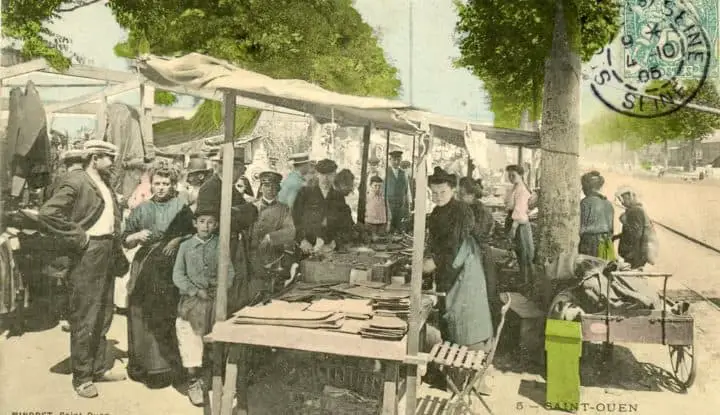
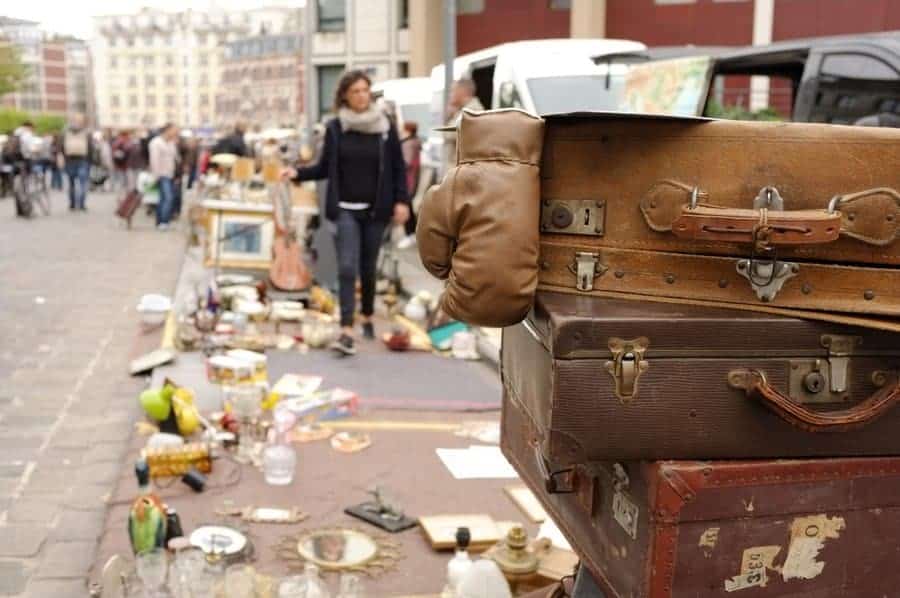
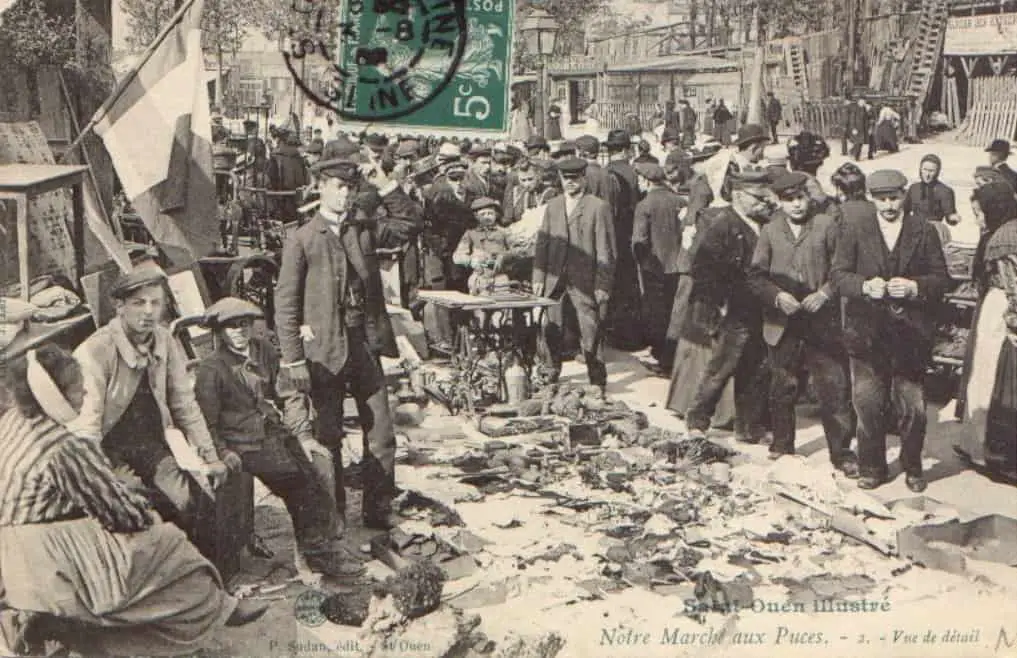
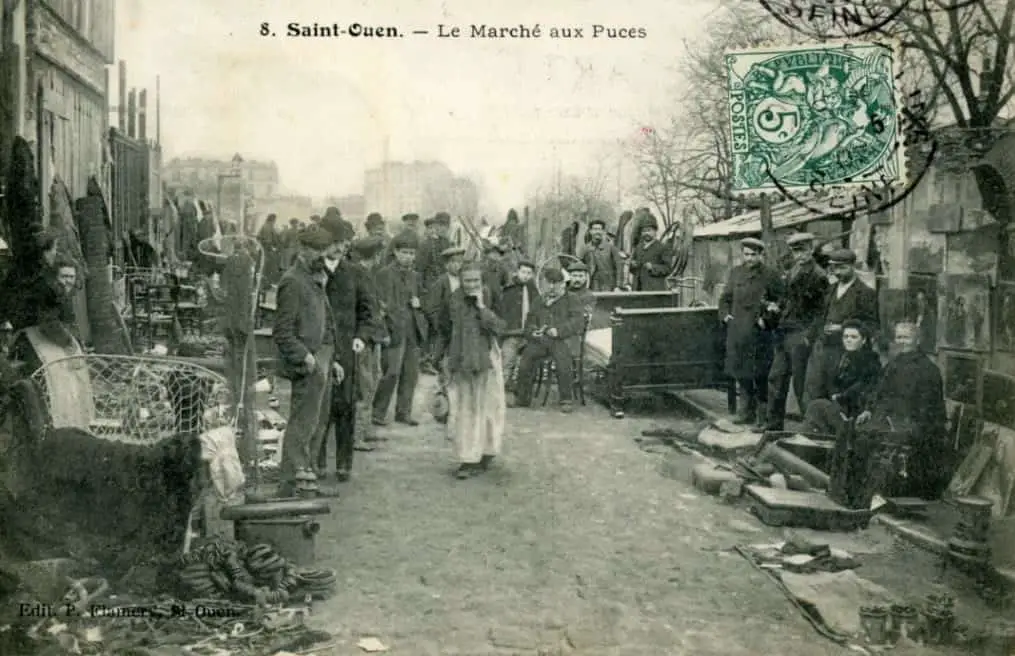

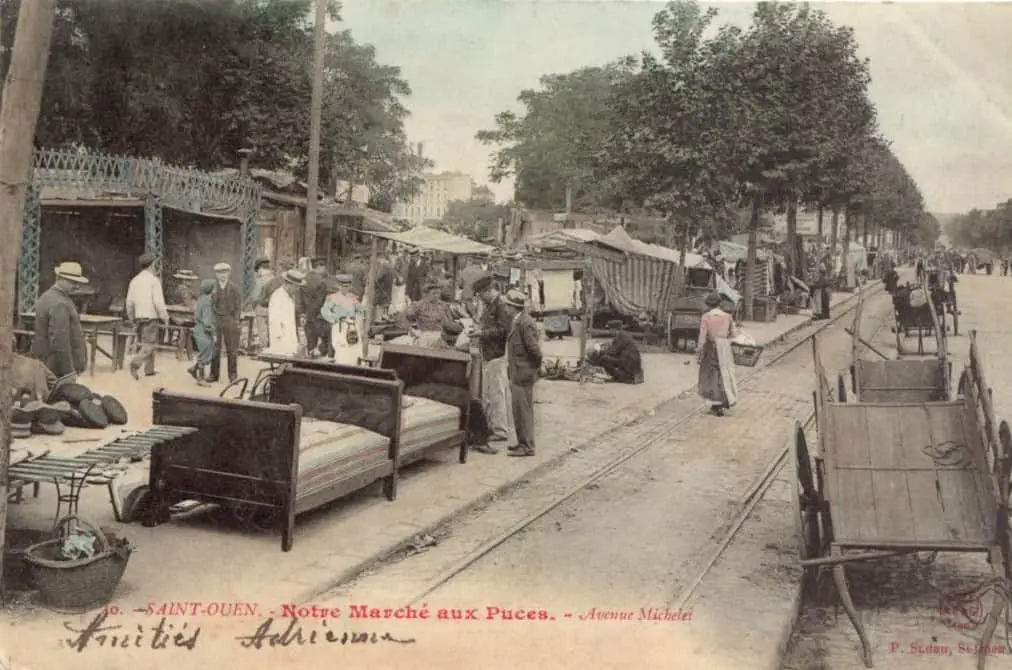
No comments:
Post a Comment